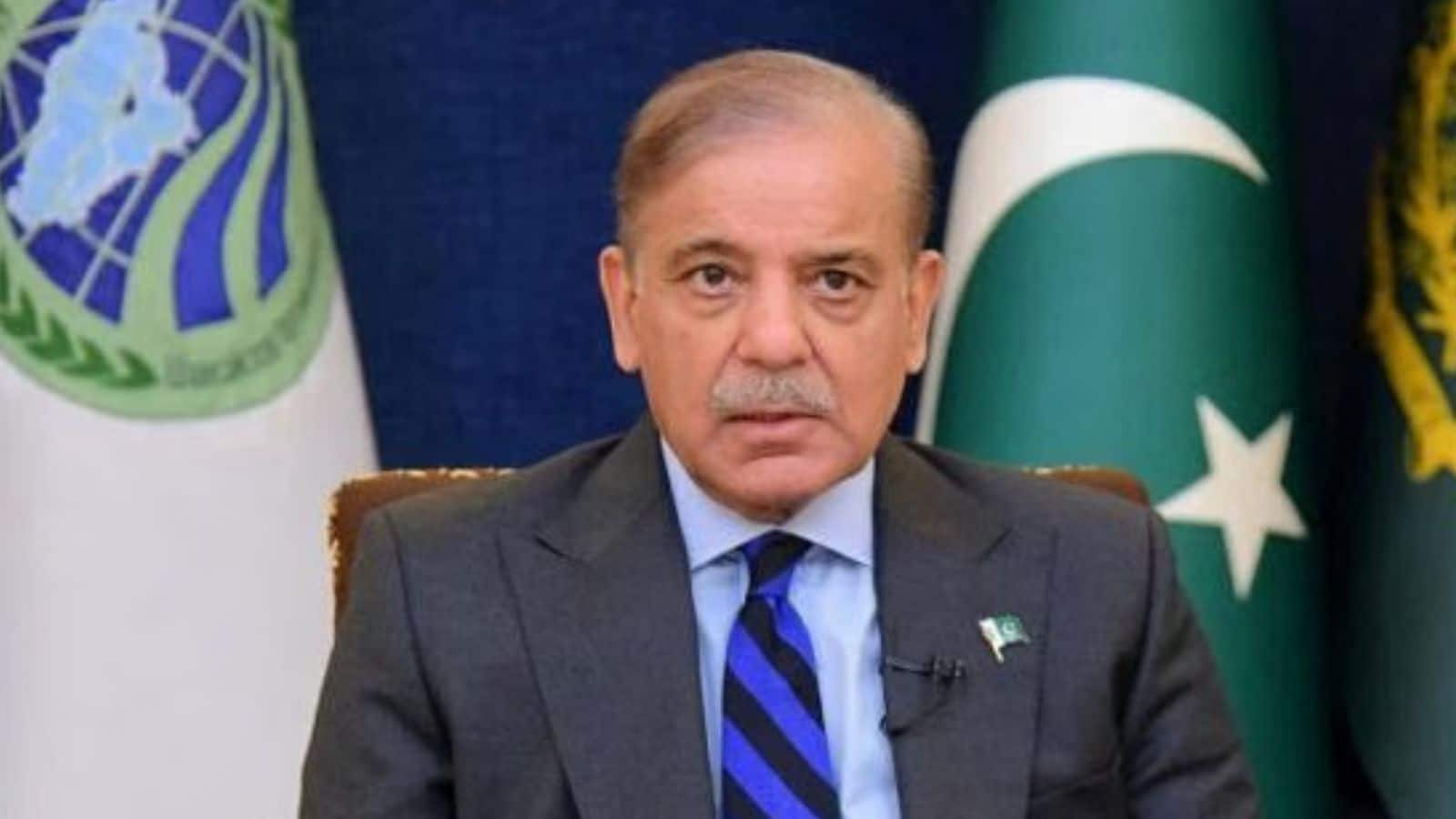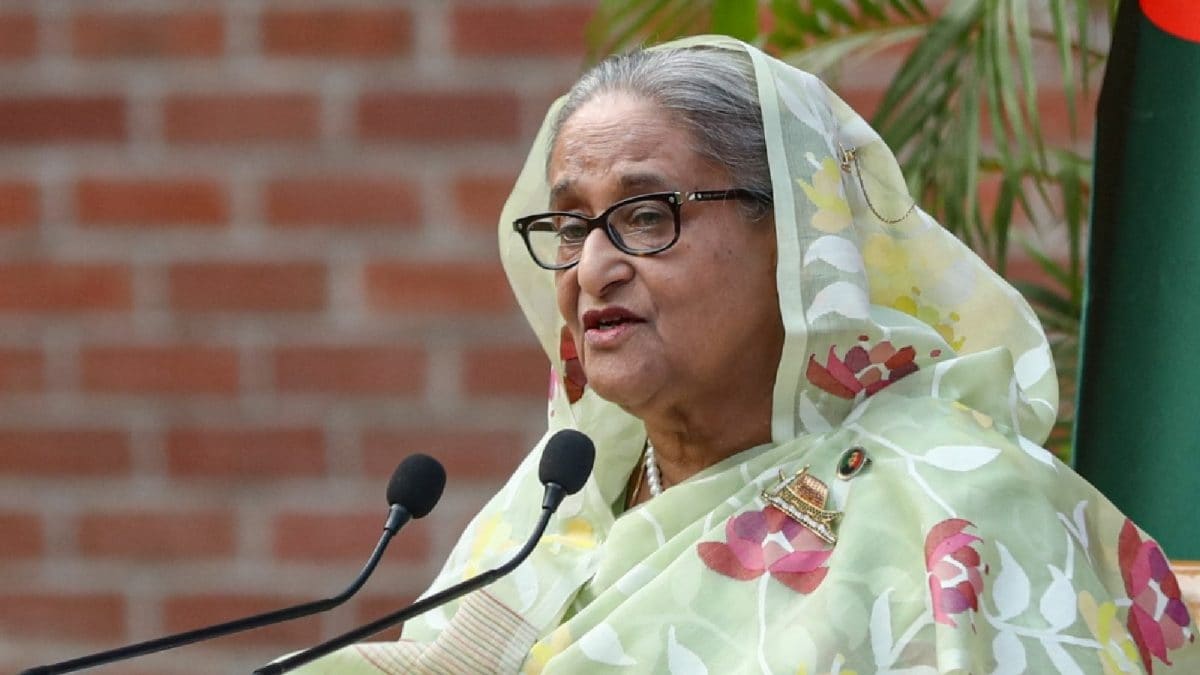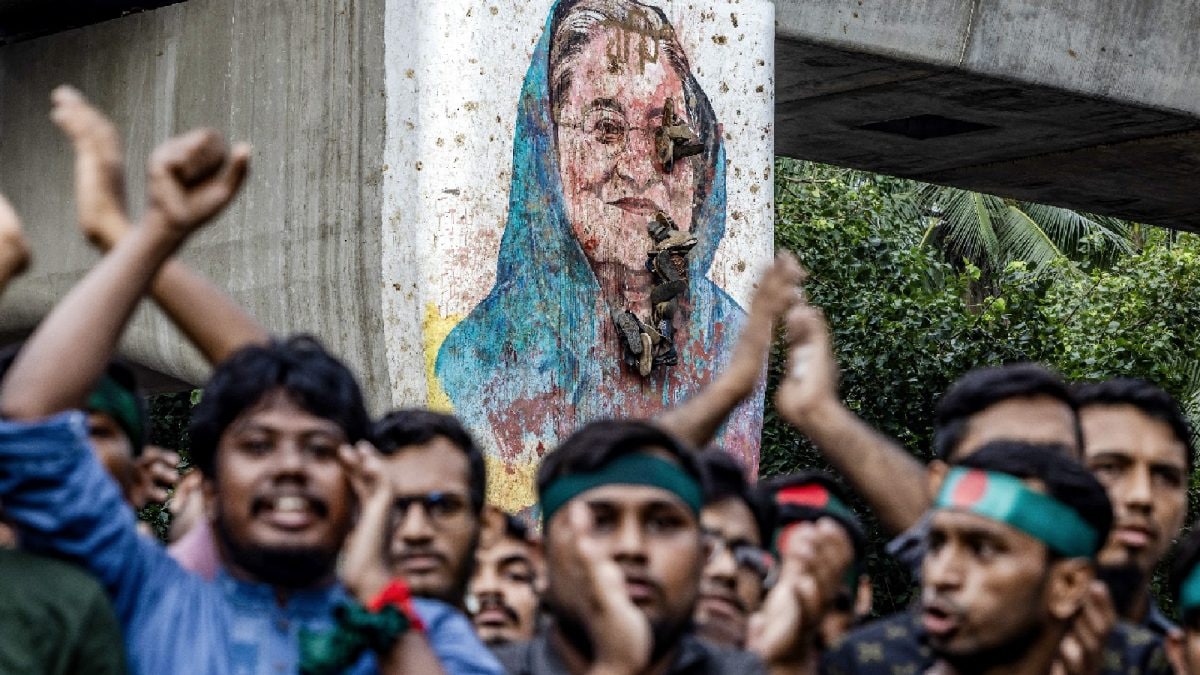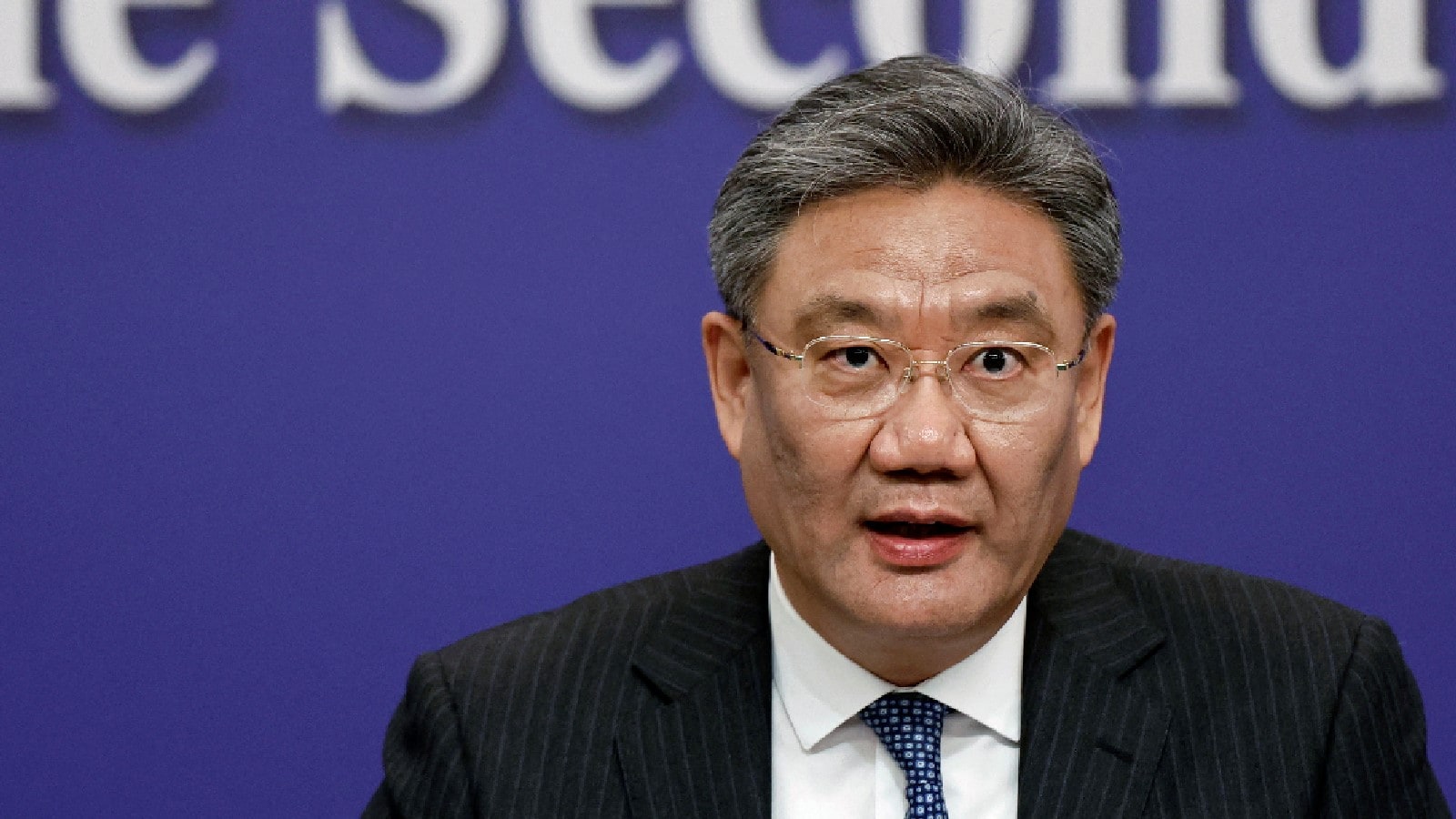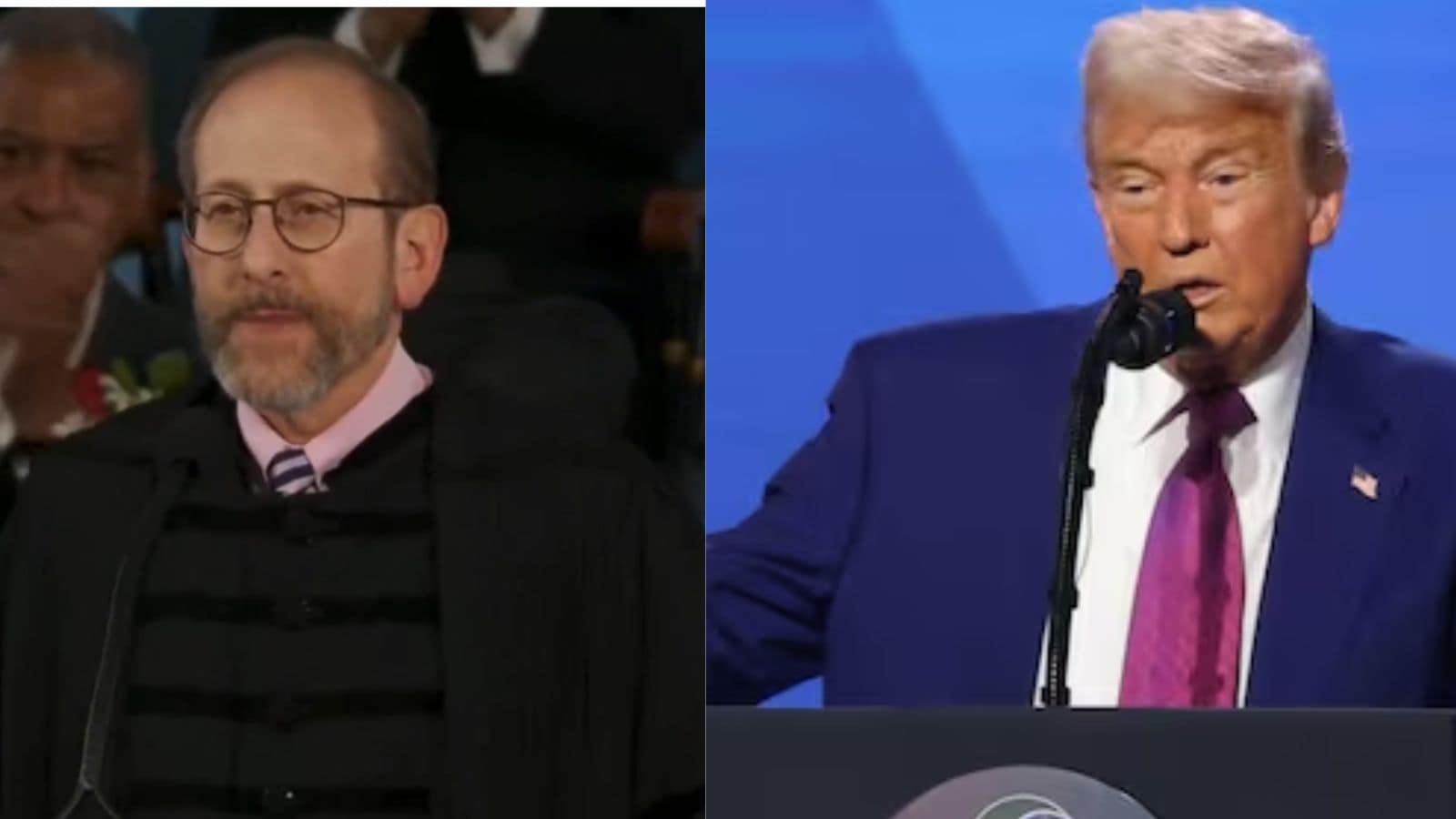Pakistan Army chief Field Marshal Asim Munir said Islamabad would never accept Indian dominance in the South Asian region and termed the suspension of the Indus Water Treaty a "red line" for Pakistan. Munir also accused India of backing Baloch rebels.

Pakistan Army Chief Asim Munir called Indus Water Treaty a "red line" for Pakistan and said that Islamabad would "never compromise " on the water issue. (File Photo)
Weeks after India and Pakistan reached a ceasefire agreement following days of military conflict, Pakistan Army chief Field Marshal Asim Munir said Islamabad would "never accept Indian hegemony in the South Asian region" and never compromise on the Indus Water Treaty issue, as it was directly linked to the fundamental rights of the country's 240-million citizens.
According to the Pakistan military's media wing, Munir made these remarks during a discussion with vice-chancellors of various universities, along with principals, senior teachers, and educators.
"Pakistan will never accept Indian hegemony," Munir said on Thursday, according to the Inter-Services Public Relations (ISPR). Reacting to India's move to put the Indus Water Treaty (IWT) on hold, Munir called it a "red line" for Pakistan and said that Islamabad would "never yield" on matters related to water.
"Water is Pakistan's red line, and we will not allow any compromise on this basic right of 240 million Pakistanis," Munir said.
A day after Pakistan-sponsored terrorists killed 26 tourists in Kashmir's Pahalgam, the Cabinet Committee on Security (CCS), led by Prime Minister Narendra Modi, decided to suspend the IWT for the first time since it was signed in 1960.
In fact, India not only shared water, but millions with Pakistan to help it build water systems as part of the IWT.
Knowing that Pakistan would play the victim card, India sent out seven teams to different corners of the world for post-Operation Sindoor diplomacy and to convey its stance on the suspension of the treaty.
The Indian teams, comprising MPs from several parties, have justified India's stance.
The treaty outlines how six rivers — Indus, Jhelum, Chenab, Ravi, Beas, and Sutlej — are divided and managed between India and Pakistan.
Pakistani leaders have frequently issued warnings to India following New Delhi’s suspension of the treaty.
ASIM MUNIR BLAMES INDIA ON BALOCHISTAN REBELLION
Munir also spoke about the situation in Balochistan, where fierce attacks by Baloch rebels have shaken the Pakistani province.
When Pakistan was busy attacking civilians and military sites across its eastern border with India, Baloch rebels stepped up their offensive against Pakistani security forces. Balochistan's provincial capital, Quetta, saw six attacks on Pakistani forces on May 8. The Baloch people also hoisted their own flags, replacing Pakistani ones.
Munir also claimed that rebels in Balochistan were backed by India.
"The terrorist elements active in Balochistan are proxies acting on behalf of foreign interests, particularly India," he said. Munir also claimed that these "rebels are not Baloch".
The field marshal also made a passing remark that "Pakistan was blessed to receive help from Allah during the military conflict with India" earlier this month.
In the early hours of May 7, India launched precision strikes under Operation Sindoor, targeting terror infrastructure in Pakistan and Pakistan-occupied Kashmir. In response, Pakistan attempted to strike Indian military bases on May 8, 9, and 10. India delivered a firm and forceful reply to these actions.
Both countries announced the ceasefire on May 10.
Published By:
Gaurav Kumar
Published On:
May 30, 2025

 1 day ago
1 day ago




